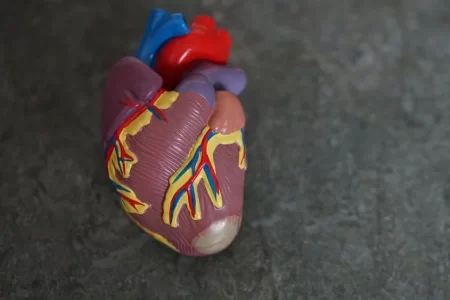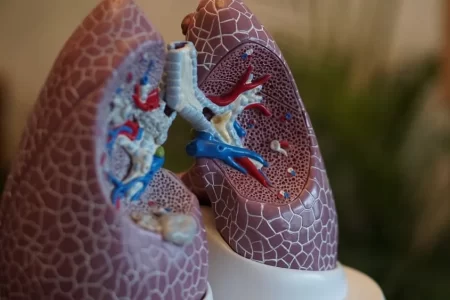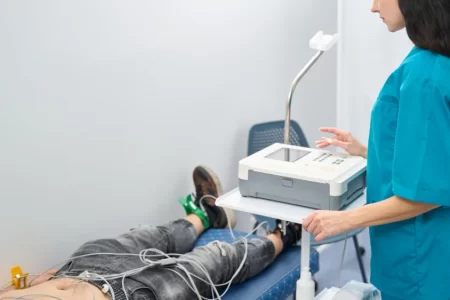What Is the ICD-10 Code for Depression?
A widely used method for categorizing illnesses and medical situations is the International Classification of Illnesses, 10th Revision, or ICD-10. This categorization system uses individual alphanumeric codes to identify each medical ailment. ICD-10 code F32 is the precise designation for depression. In order to ensure consistency in diagnosis, this code acts as a standardized approach to recognize and express the presence of depression across healthcare settings.
Significance of the ICD-10 Code for Depression
Facilitating Accurate Diagnoses
The ICD-10 code for depression is the linchpin for accurate diagnoses in the field of mental health. It allows healthcare professionals to precisely label and categorize different types and severities of depression, aiding in tailored treatment plans and improved patient care.
Insurance Claims and Reimbursement
When seeking insurance coverage or reimbursement for mental health services, the ICD-10 code for depression becomes instrumental. It ensures that the diagnosis is recognized by insurance companies, making it easier for patients to access the care they need.
Types of Depression Covered by ICD-10
Depression is not a one-size-fits-all condition; it encompasses various subtypes and manifestations. The ICD-10 code for depression accounts for this diversity by offering specific codes for different types, including:
Major Depressive Disorder (MDD)
MDD, often referred to as clinical depression, is the most common form of depression. Its ICD-10 code is F32.0. Individuals with MDD experience persistent low mood, loss of interest or pleasure, and other symptoms that significantly impact their daily lives.
Persistent Depressive Disorder (Dysthymia)
Also known as dysthymia, this form of depression is characterized by chronic low-grade symptoms lasting for at least two years. Its ICD-10 code is F32.1. Understanding this subtype helps healthcare professionals differentiate it from MDD and tailor treatment accordingly.
Bipolar Disorder
Bipolar disorder, which involves alternating periods of depression and mania, has its own set of ICD-10 codes (F31 series). These codes enable precise diagnosis and management of this complex mood disorder.
Diagnostic Criteria for Depression (ICD-10)
To be diagnosed with depression under the ICD-10 classification, specific criteria must be met. These include:
- Depressed Mood: This criterion means experiencing a persistent feeling of sadness or low mood. It’s not just a passing feeling but a lasting emotional state characterized by sadness, hopelessness, or emptiness. People with depression often describe it as feeling “down” or “blue” for most of the day, nearly every day.
- Duration: To meet this criterion, these feelings of depression should last for at least two weeks continuously. In other words, it’s not a brief episode of sadness but a prolonged and consistent emotional state.
- Other Symptoms: Depression often comes with a range of other symptoms that can vary from person to person. These may include:
- Changes in Appetite or Weight: Some individuals may experience significant changes in their eating habits, leading to either increased or decreased appetite. This can result in noticeable weight gain or loss.
- Sleep Disturbances: Depression can affect sleep patterns, causing difficulties falling asleep, staying asleep, or experiencing excessive sleepiness (hypersomnia).
- Fatigue: Profound tiredness and lack of energy are common in depression, making even simple tasks feel exhausting.
- Feelings of Worthlessness or Guilt: Individuals with depression often have an overwhelming sense of worthlessness, guilt, or self-blame, even when there’s no apparent reason for these feelings.
- Difficulty Concentrating: Many people with depression struggle with concentration and decision-making, finding it hard to focus on tasks or make even minor choices.
- Functional Impairment: To meet the diagnostic criteria for depression, these symptoms should result in significant impairment in a person’s daily functioning. This means that depression isn’t just about feeling sad; it interferes with one’s ability to work, study, maintain relationships, and engage in usual activities.
Seeking Help for Depression
The first step towards recovery from depression is to seek treatment because it is a curable disorder. It’s critical to contact a healthcare provider if you or someone you know is exhibiting signs of depression. One’s quality of life can significantly change with early intervention and good treatment.
Conclusion
Both healthcare professionals and patients who want to understand this complicated mental health illness must be familiar with the ICD-10 code for depression. Because of the ICD-10 system’s accuracy in classifying different forms of depression, diagnoses are certain to be precise and catered to the requirements of the patient.







